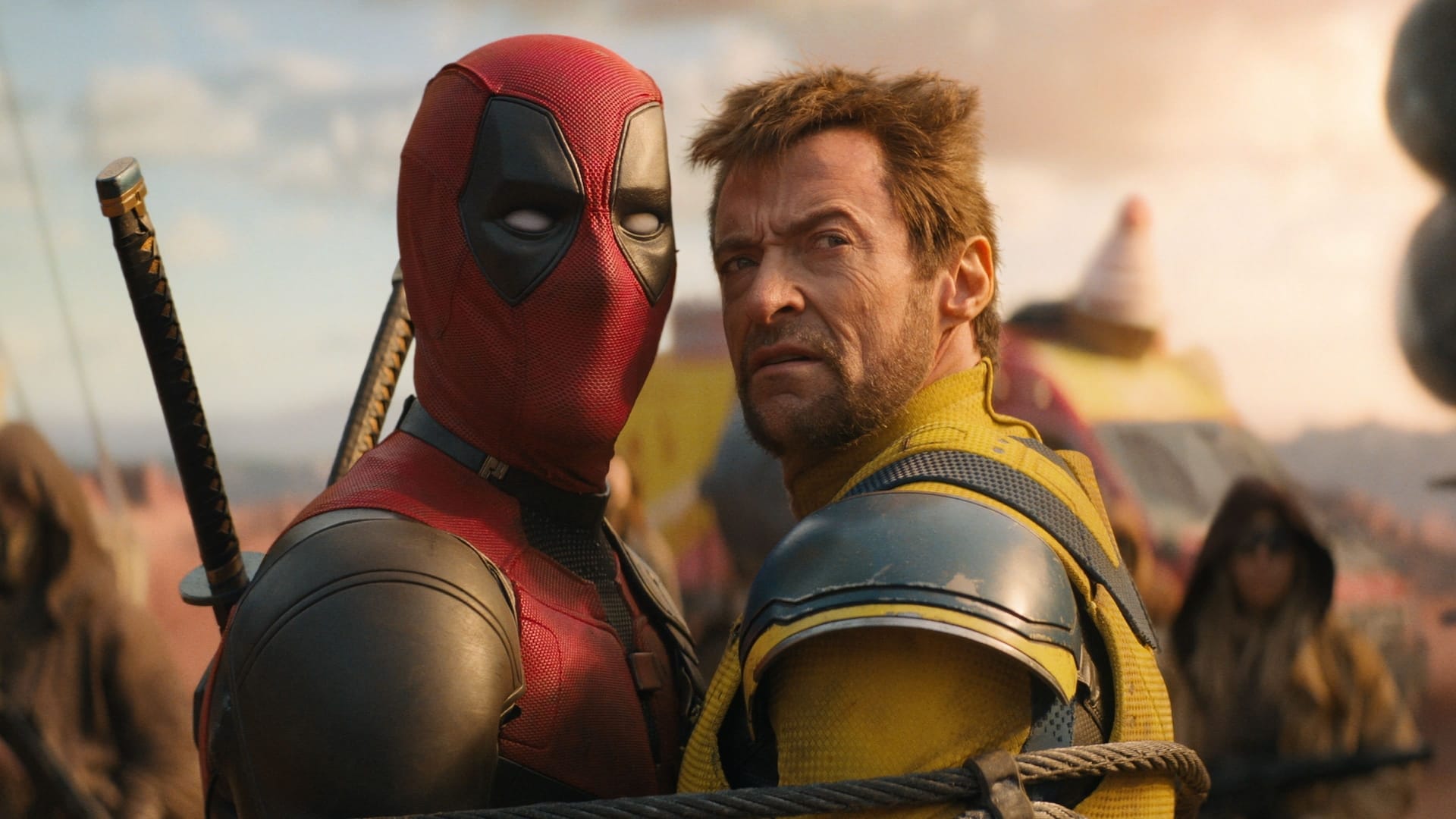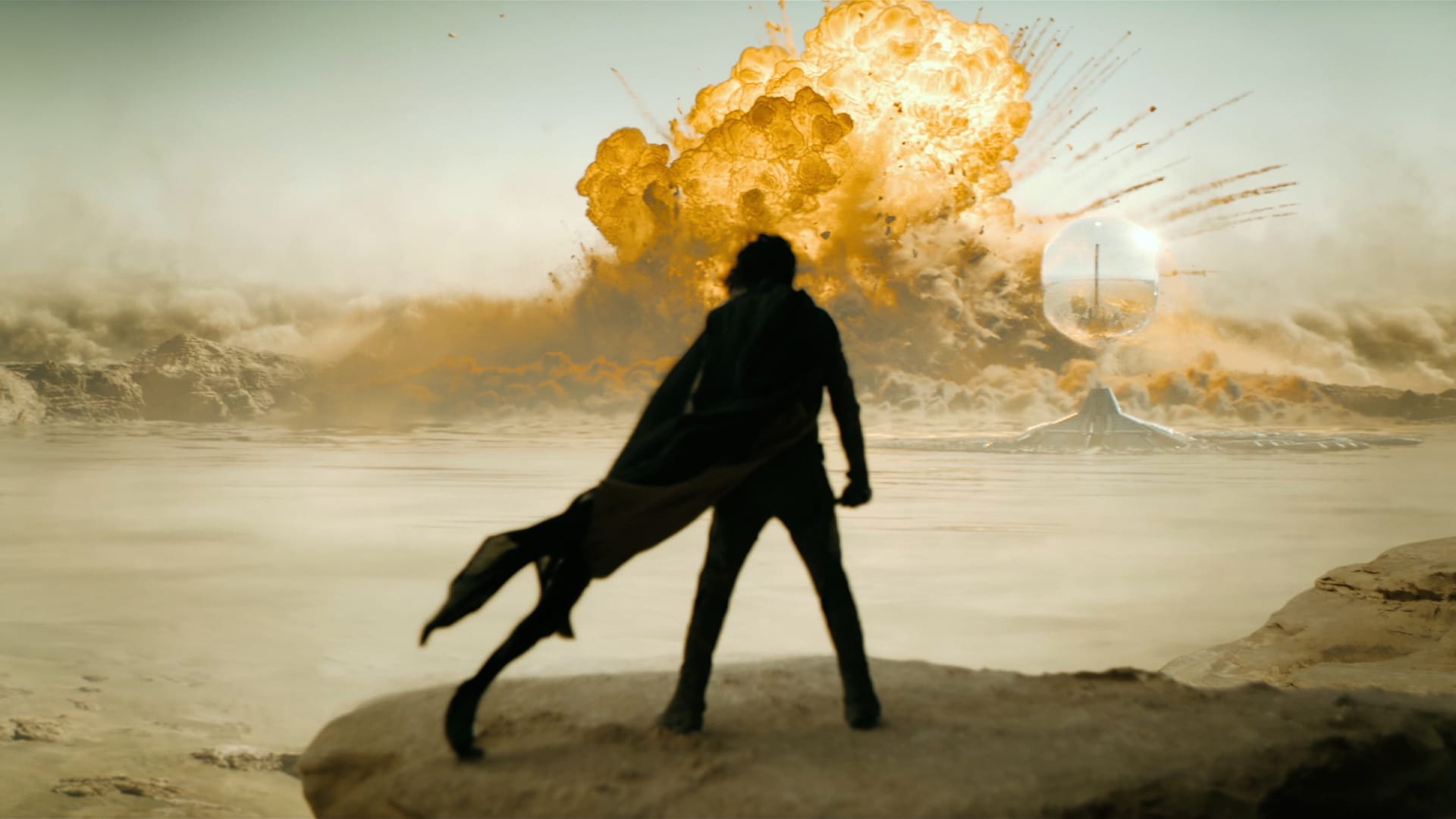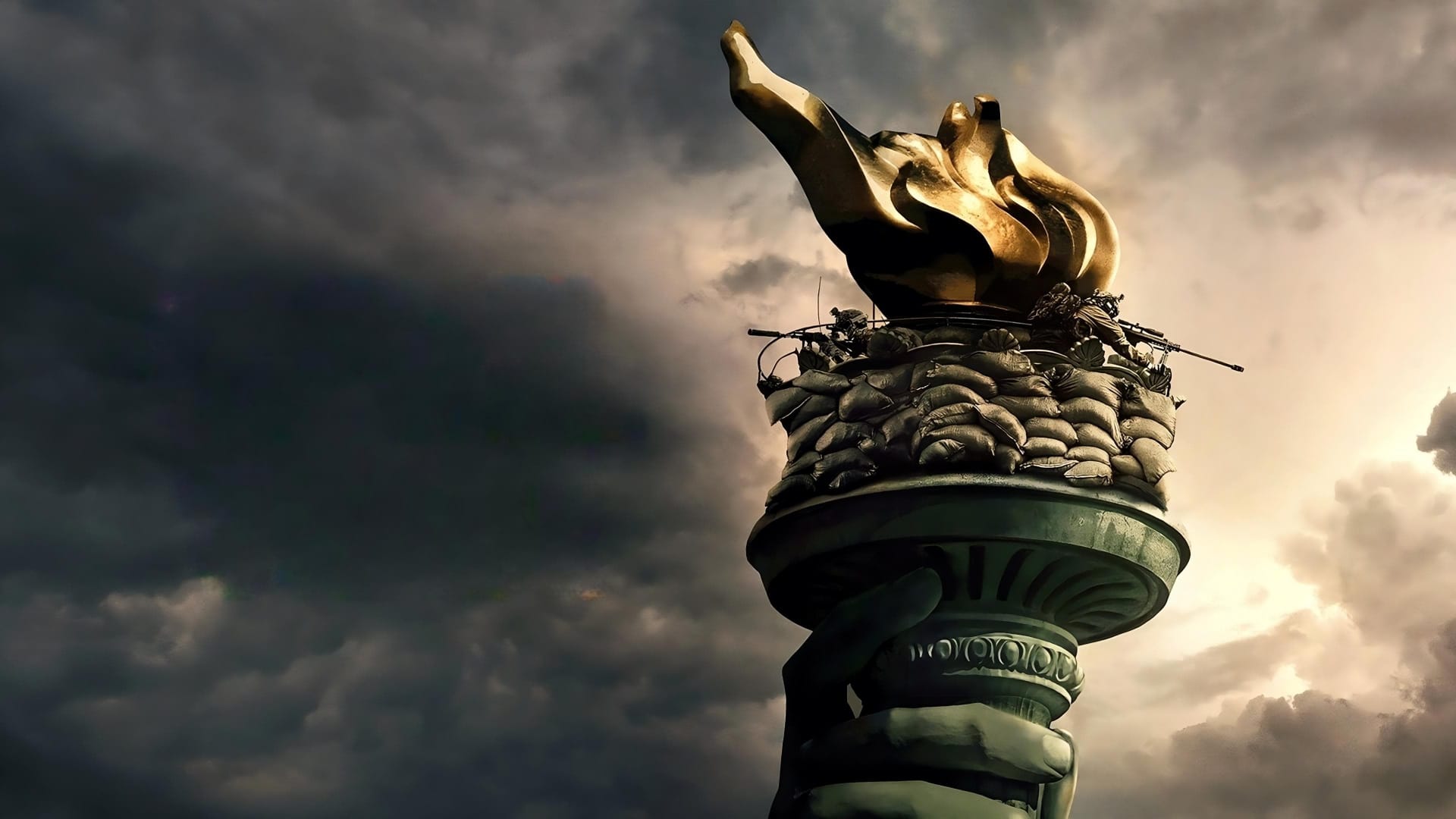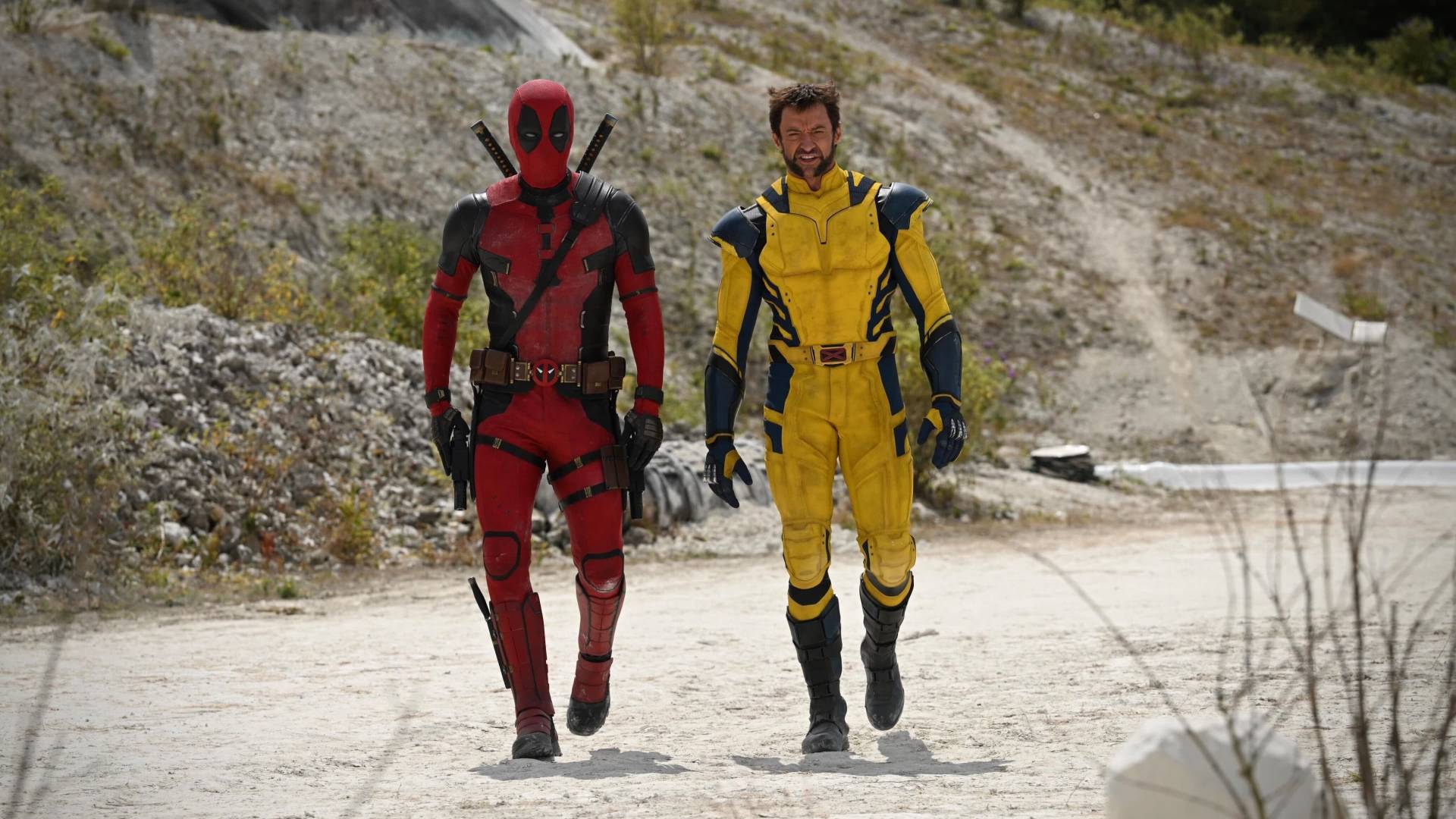Aquaman and the Lost Kingdom - Movie Review
Overall, the film struggles under the weight of its ambition. The plot is a convoluted mix of personal drama, ecological threats, and political intrigue.
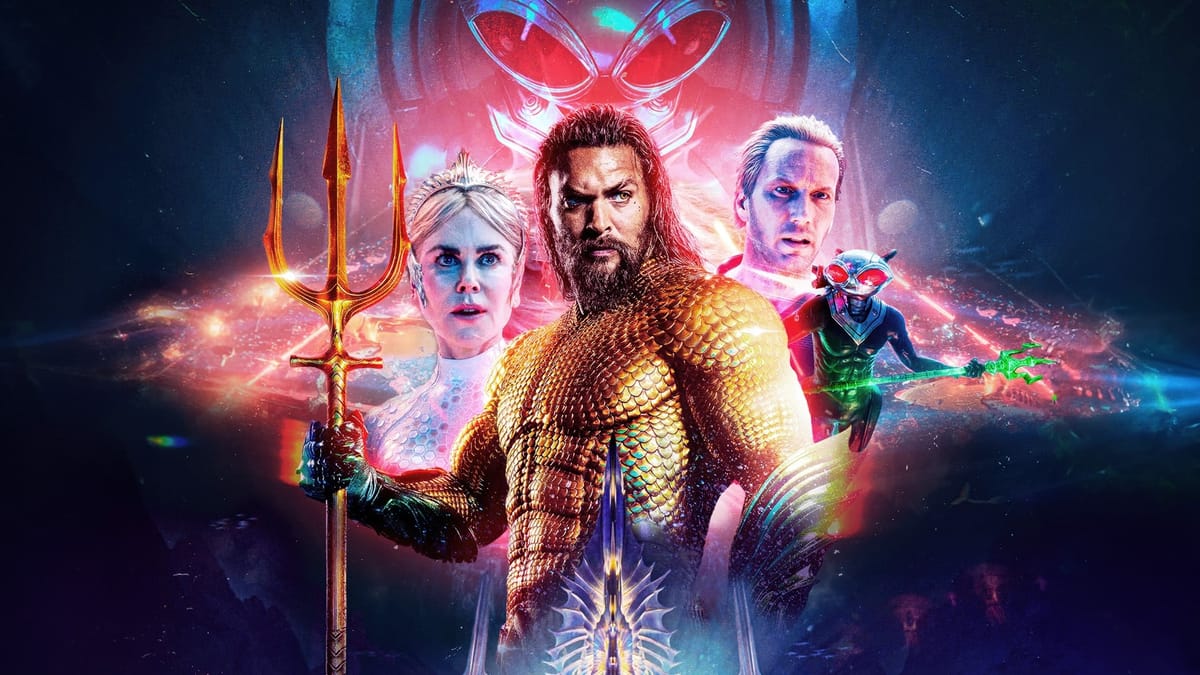
Aquaman and the Lost Kingdom is a dazzling yet cluttered deep dive into the DCEU.
In the ever-turbulent seas of the DC Extended Universe, Aquaman and the Lost Kingdom emerges as a visually arresting yet narratively chaotic sequel to its 2018 predecessor. Directed by James Wan, this cinematic spectacle takes us back to the depths of the ocean, where Jason Momoa's Aquaman, the half-human, half-Atlantean King Arthur Curry, reigns supreme.
Momoa's Aquaman, initially perceived as an outlandish attempt to redefine a traditionally lackluster hero, has evolved into a character that embodies both the bombastic energy of the DCEU and a surprising layer of emotional depth. In The Lost Kingdom, we see a softer side to Arthur Curry, now a family man torn between his terrestrial ties and the weight of his underwater crown. This sequel attempts to balance familial drama with the high-stakes environmental and political turmoil that threatens both land and sea.
The film opens with a focus on Arthur's role as a father, a shift that adds a new dimension to the character, aligning him with the likes of other parental superheroes in recent narratives. However, the script, while ambitious, fails to adequately develop this aspect, leaving Momoa's paternal charm underutilized.
Visually, The Lost Kingdom is a testament to Wan's mastery in creating underwater realms that are both ethereal and vibrant.
The bioluminescent seascapes of Atlantis are more than just eye candy; they are integral to the story's mythos, making the undersea kingdom feel like a character in its own right. Comparisons to "Wakanda Forever's" Talokan are inevitable, but Atlantis stands out with its unique architectural marvels and neon-infused marine life.
Narratively, the film struggles under the weight of its ambition. The plot is a convoluted mix of personal drama, ecological threats, and political intrigue. The reintroduction of Yahya Abdul-Mateen II's Black Manta as the antagonist adds a layer of personal vendetta to the story, but his character's development is uneven, oscillating between menacing and sympathetic.
The chemistry between Momoa and Patrick Wilson, reprising his role as Orm Marius, Arthur's half-brother, is one of the film's highlights. Their dynamic, fraught with a history of rivalry and grudging respect, adds a much-needed human element to the grandiose setting. Yet, the movie misses the opportunity to explore this relationship further, often overshadowed by the film's frenetic pacing and an overabundance of CGI spectacle.
Aquaman and the Lost Kingdom falls into the trap of many sequels by trying to outdo its predecessor in scale and scope. In doing so, it loses some of the original's charm.
The narrative feels rushed, with significant plot points and character arcs getting lost in the whirlpool of visual effects and action sequences. The movie's attempt to address climate change and environmental degradation, while commendable, feels like an afterthought rather than a fully integrated part of the story.
In conclusion, Aquaman and the Lost Kingdom is a mixed bag. It excels in its visual storytelling and action set pieces but falters in narrative coherence and character development. It's a spectacle worth watching for fans of the genre, but it may leave others longing for the simpler, more focused storytelling of its predecessor. As a chapter in the DCEU, it stands as a vibrant, if somewhat muddled, testament to the franchise's ongoing evolution.
Rating: ★★★☆☆

